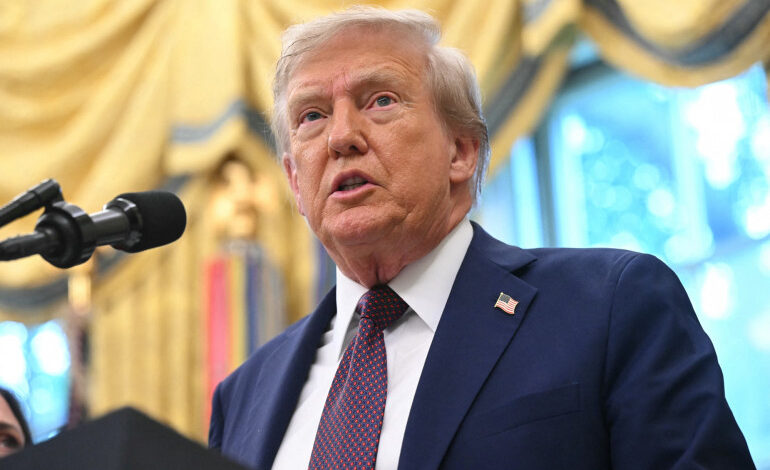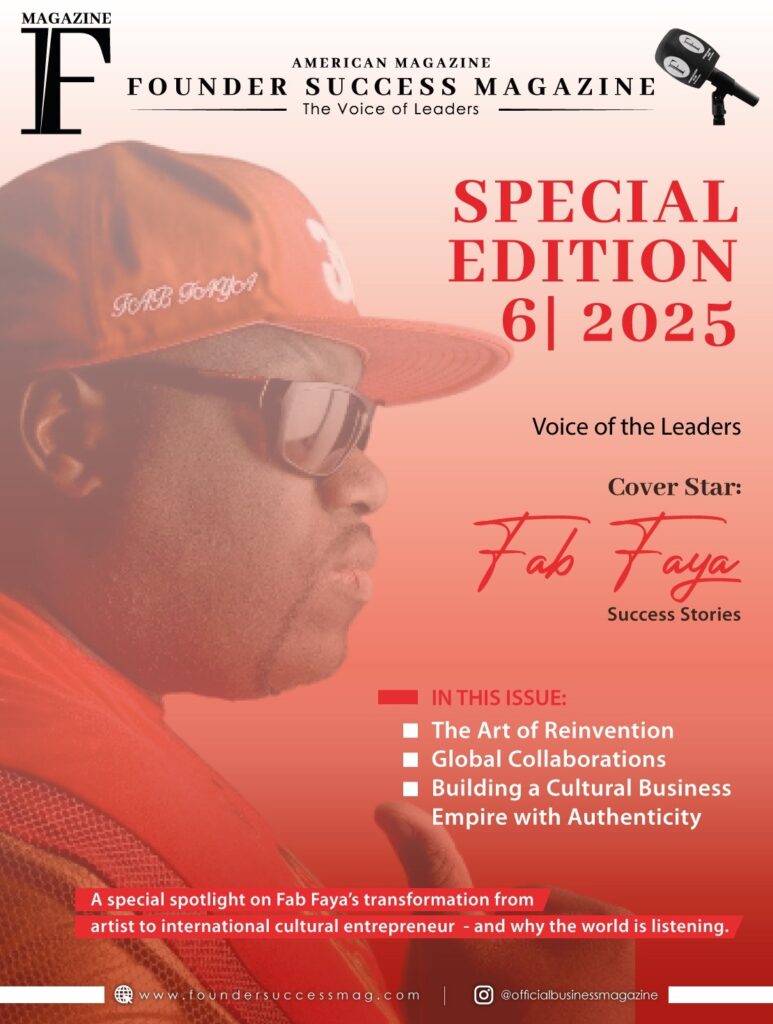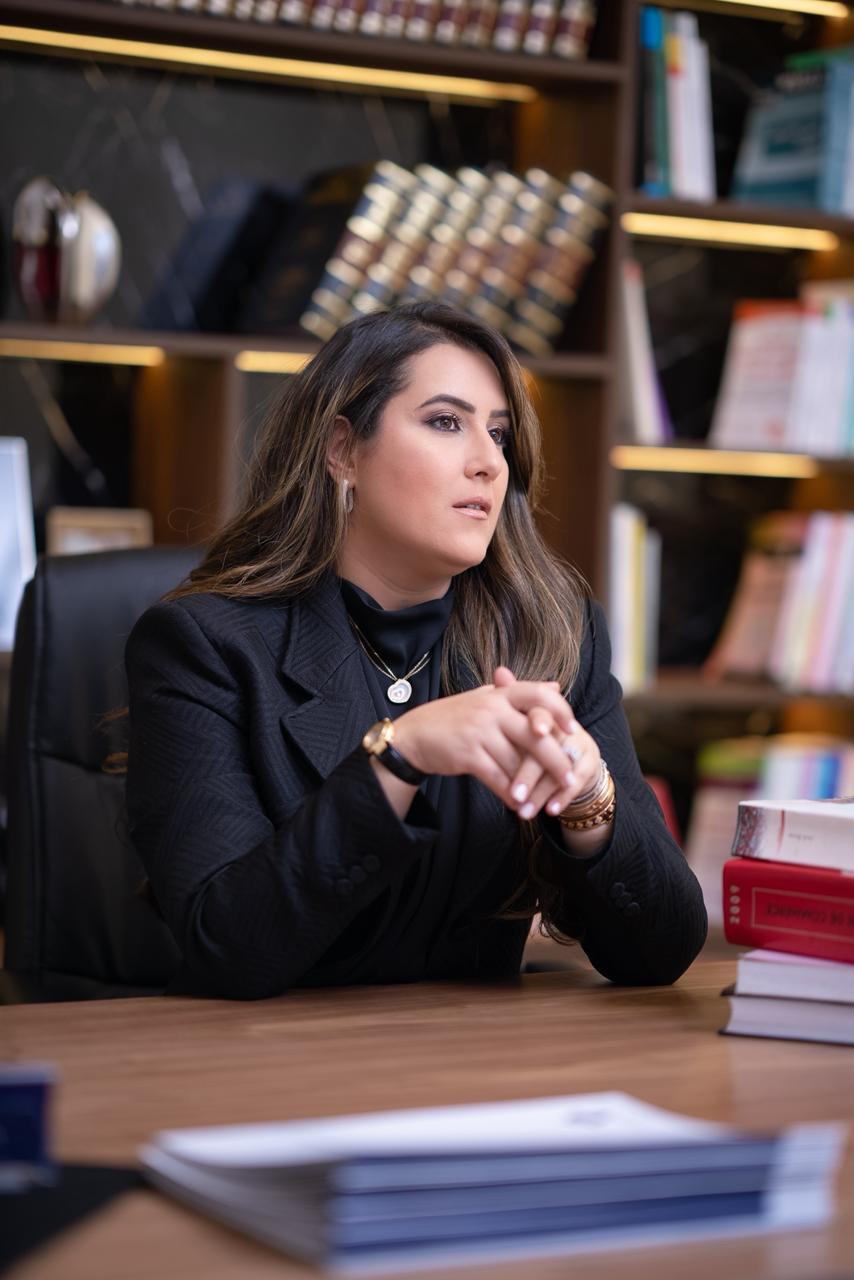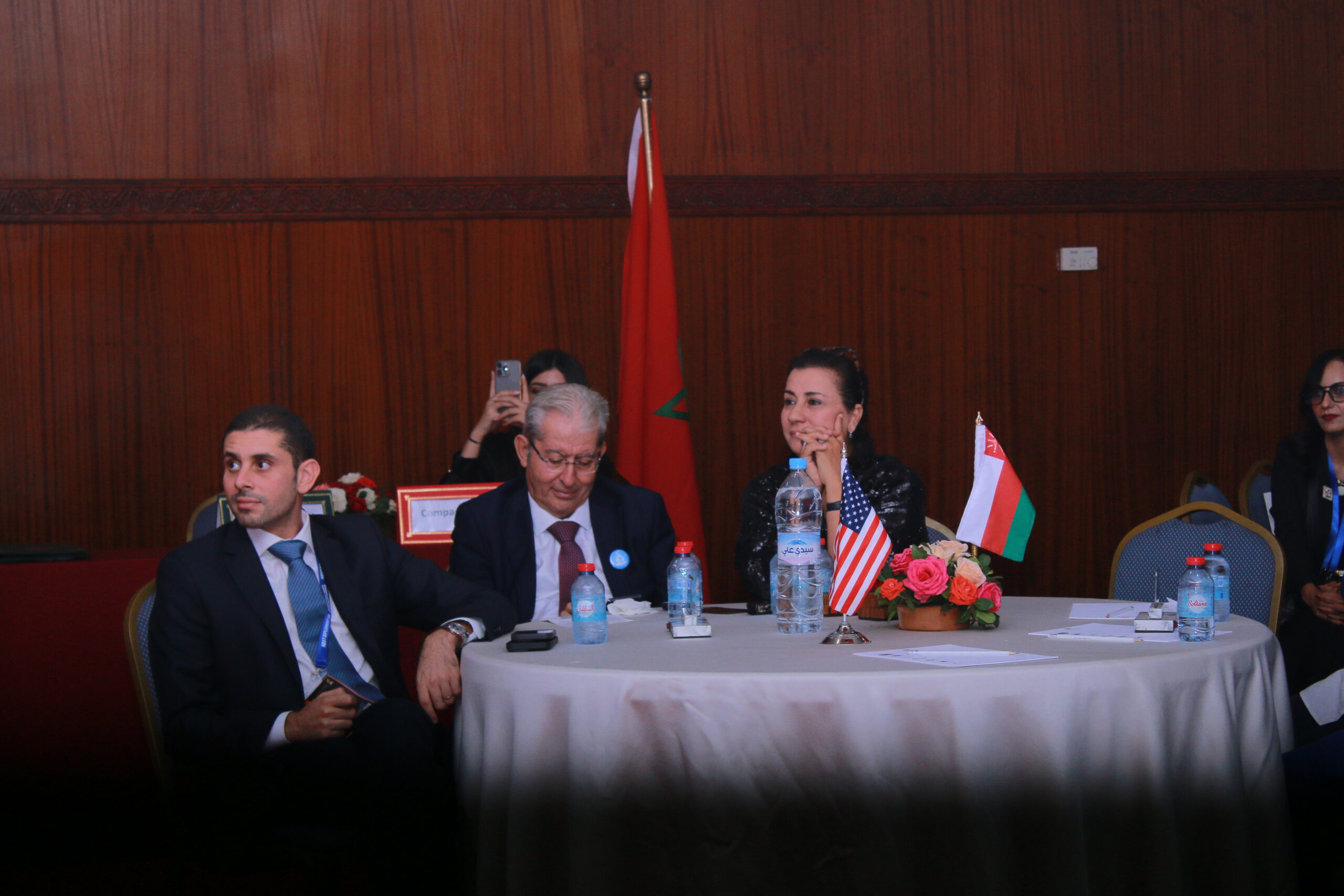TRUMP IMPOSES $100,000 TAX ON NEW H-1B VISAS

TRUMP IMPOSES $100,000 TAX ON NEW H-1B VISAS: A TURNING POINT IN U.S. IMMIGRATION POLICY
By Founder Success Magazine
A Shocking Move
On September 19, 2025, U.S. President Donald J. Trump signed a proclamation introducing an unprecedented requirement: every new H-1B visa petition must now be accompanied by a $100,000 payment before it can be considered.
According to the White House, this bold measure is meant to curb abuse, encourage companies to hire American workers first, and reshape how foreign talent enters the U.S. workforce.
What the Proclamation Says
-
Entry will be restricted for certain H-1B nonimmigrant workers unless the petition includes the $100,000 fee.
-
It applies only to new applicants abroad, not to those already in the U.S. under H-1B status.
-
Duration: 12 months, subject to extension.
-
Exemptions may apply in cases deemed in the “national interest” or where no harm is posed to U.S. security or welfare.
-
The Departments of State, Homeland Security, and Labor are tasked with setting up enforcement, audits, and penalties.
Reactions and Controversies
Chaos and Confusion
The announcement immediately sent shockwaves across the tech industry, immigration lawyers, and foreign workers. Some employees abroad were advised not to return to the U.S. until the rule was clarified.
The White House later specified: current H-1B holders and renewals are not subject to the fee. The $100,000 payment applies only to new petitions filed from outside the U.S.
Supporters Argue
-
The policy forces employers to prioritize American workers.
-
It reduces misuse of the H-1B program, often criticized for driving down wages.
-
It gives the executive branch stronger control over immigration priorities.
Critics Warn
-
Such a high fee will shut out thousands of qualified applicants, potentially undermining U.S. competitiveness in innovation and technology.
-
The measure may exceed presidential authority, since visa fee structures are normally set by Congress.
-
Startups and smaller firms will be at a disadvantage, while big corporations can still afford the cost.
-
Global talent could shift to Canada, Europe, or Asia, where immigration pathways remain more accessible.
What Entrepreneurs and Professionals Should Know
-
If you are already in the U.S. on H-1B, your current visa and renewals remain unaffected — for now.
-
If you are applying from abroad, the $100,000 payment becomes a major barrier.
-
For companies: sponsoring skilled foreign workers is now a high-risk, high-cost decision.
-
Expect legal challenges in the coming months that may impact enforcement.
Editor’s Note
With this decision, Trump is sending a clear message: the era of “cheap skilled labor from abroad” under the H-1B program may be over.
Yet this gamble could backfire — cutting off access to global talent, slowing innovation, and giving rivals a competitive edge.
One thing is certain: the $100,000 H-1B visa tax marks a historic rupture in U.S. immigration policy. A real-time experiment in balancing protectionism with global competitiveness.









